Uhuru Present as Kalonzo's Daughter Weds
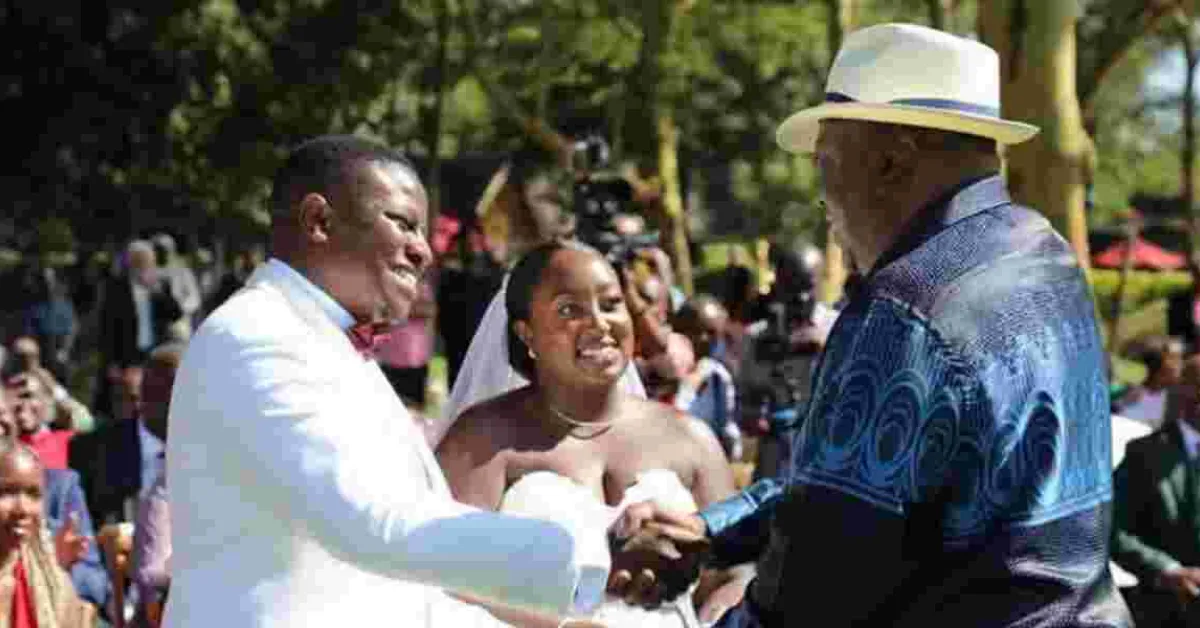
In a notable ceremony held in Naivasha, Nakuru County, Damarie Saada Kalonzo, the daughter of Wiper Leader Kalonzo Musyoka, wed Martin Nyaga on Saturday.
The event was attended by various prominent political figures, including former President Uhuru Kenyatta who demonstrated solidarity with the Musyoka family during this momentous occasion. Kalonzo Musyoka publicly expressed his gratitude towards Kenyatta for his presence, stating, "I thank Former President Uhuru Kenyatta for his friendship and solidarity with my family by attending the wedding ceremony of our daughter Damarie Saada and Martin Nyaga this afternoon in Naivasha."
The wedding attracted various high-profile attendees, including DAP-K Party leader Eugene Wamalwa, Machakos Governor Wavinya Ndeti, Kitui Governor Julius Malombe, and former Kiambu Governor Ferdinand Waititu. Governor Ndeti conveyed her joy at the union, extending best wishes to the newlyweds for a happy marriage.
Meanwhile, Former Deputy President Rigathi Gachagua urged government officials to embrace tolerance and open-mindedness, emphasizing the need of respecting the views of Kenyans. His comments were made during a church service at PCEA in Mwiki, Kasarani on Sunday where he highlighted the critical importance of addressing public concerns regarding the economy and various national issues.
Gachagua's statements come in the wake of remarks from President William Ruto and Mining Cabinet Secretary Hassan Joho, who recently encouraged Kenyans to show patriotism and support for government initiatives. They called for a measured approach to criticism, reiterating the value of positivity and responsible dialogue in public discourse.
During his address, Gachagua asserted that government officials should not take offense at public criticism as it represents the genuine concerns of the electorate. He called on leaders to listen to these voices and adapt their policies accordingly, rather than dismissing or lecturing the public.
Additionally, Gachagua defended the Church's role as a critical conduit for public sentiment, underscoring its strong ties to ordinary citizens. He noted that religious leaders are often the first to hear about the community's challenges, and their insights should be considered seriously by the government.
In his concluding remarks, Gachagua reiterated the necessity for officials to be responsive to feedback and to collaborate with the public and religious institutions in addressing national challenges. He also advocated for an end to the censorship of religious leaders, calling for a more inclusive governance approach that takes into account the diverse perspectives of Kenyans.


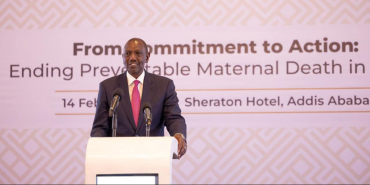
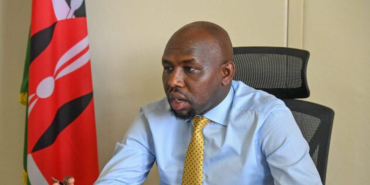
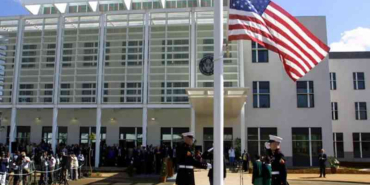
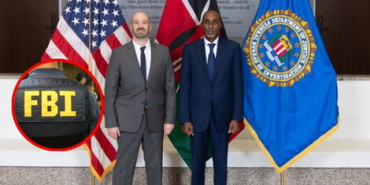
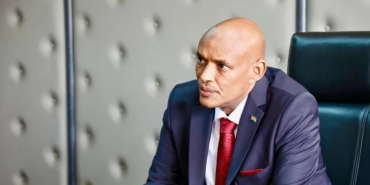
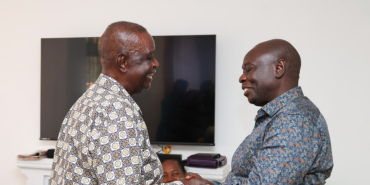
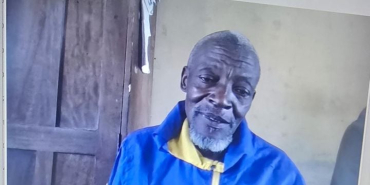
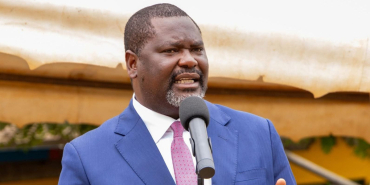
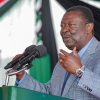

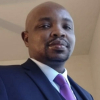
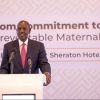
Add new comment